CityFibre UK Reject VMO2 Merger Claims and Predict 100 AltNets to Become 1
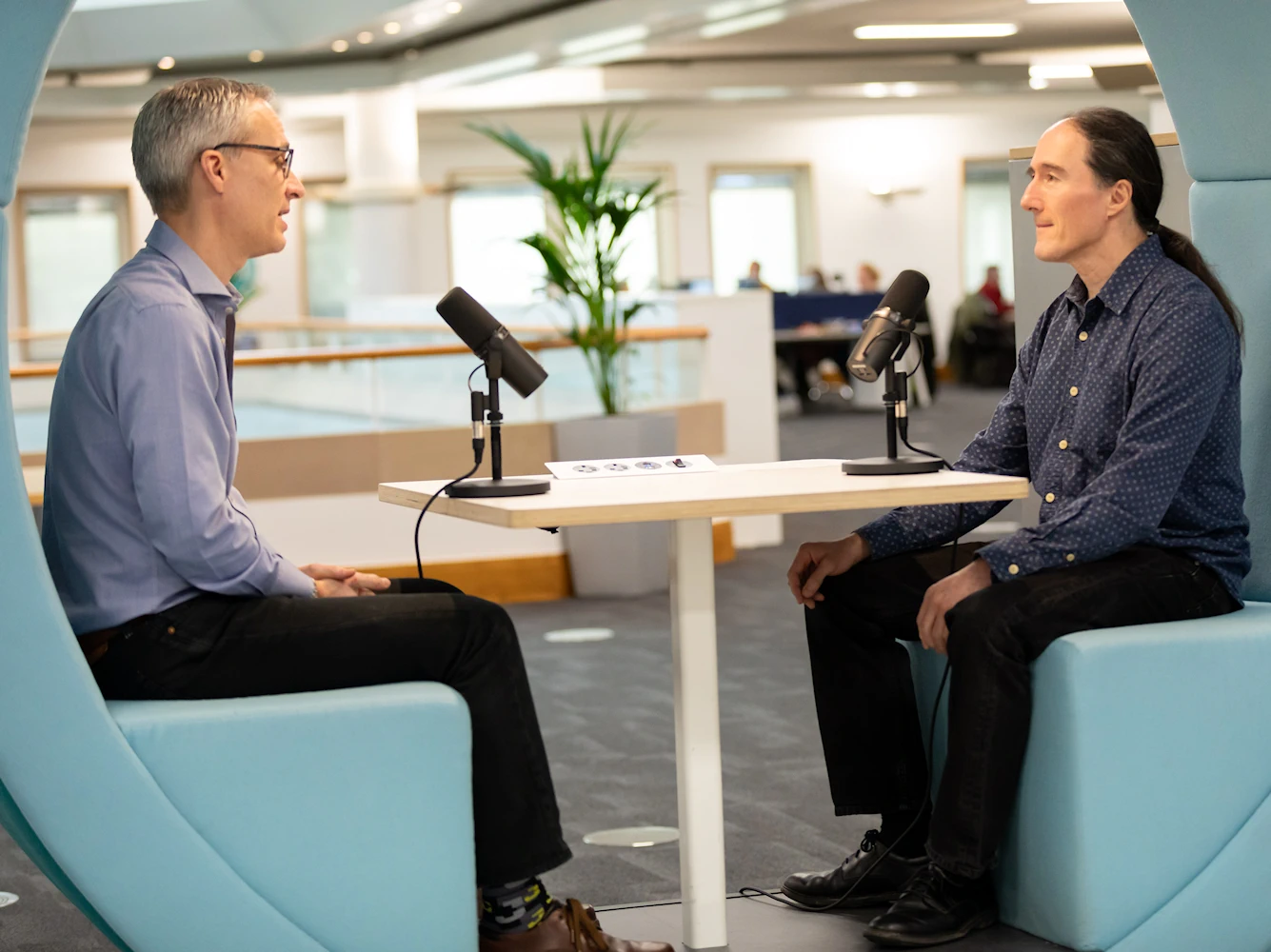
The CMO of full fibre operator CityFibre, Dan Ramsay, has today told the CEO of ISP Zen Internet, as part of a new interview, that they expect that the c.100 alternative broadband networks in the UK market today to eventually become one single operator. Ramsay separately denied that there had ever been talks of a merger with Virgin Media (VMO2).
In case anybody has forgotten, CityFibre currently hold an ambition to deploy their 10Gbps capable Fibre-to-the-Premises (FTTP) broadband network to cover up to 8 million UK premises (funded by c.£2.4bn in equity and c.£4.9bn debt) – across over 285 cities, towns and villages (c.30% of the UK) – by the end of 2025 (here).
The operator has already passed over 3 million UK homes (Ready for Service) and has an overall build footprint of 3.37m (i.e. not all areas are live via an ISP yet). But CityFibre, not unlike a fair few other operators, has also had a challenging year that saw a sizeable number of job losses (here) and a worrying number of build suspensions due to issues with contractors like Kier Group, Telec etc. (examples here, here).
Despite this, the provider remains optimistic about the future and has previously acknowledged that Mergers & Acquisitions (M&A) may need to play a big role in their growth if they’re to hit their current coverage target. In that sense, CityFibre sees themselves more as being a consolidator than one of the consolidated, which today’s interview piece reiterates.
At this point it’s worth reminding readers that CityFibre, at least for a brief period last March 2023, became the subject of much speculation after a report in the Telegraph (paywall) claimed (here) that VMO2 had held “initial talks” over the possibility of mounting a £3bn takeover bid for the AltNet.
The paper suggested the discussions involved Mike Fries, CEO of VMO2’s co-parent company Liberty Global, and the CEO of CityFibre, Greg Mesch. But the high level of pre-existing overbuild between the two, as well as possible regulatory concerns, always made such a deal seem, at best, difficult to achieve and Dan Ramsay has now put a lid on it.
“You know better than to believe everything you read in the press, I wouldn’t believe that story at all either. We weren’t in active conversations with VMO2 at that stage at all, and so there’s no grounding to that,” said Ramsay in the new interview. In fairness though, the newspaper did say the talks involved Liberty Global’s boss, not VMO2 or even nexfibre itself, and there may well have been informal chats (i.e. not official). But either way, nothing ever came of this.
Speaking of overbuild between rival networks, Ramsay added that they “actively try to avoid overbuilding other altnets for obvious reasons, that’s not good for them or for us. We are about 70% not overbuilt today,” although this figure would be quite different if they were also factoring in Openreach and Virgin Media. Likewise, it’s worth remembering that CityFibre can’t stop other AltNets that do choose to overbuild them.
Ramsay added that there are “good sides to overbuild as well … that is choice and competitiveness in the market, which ultimately is good for UK plc. So it’s a bit more nuanced than overbuild or not, it’s more about the type of overbuild, the timing and how it plays out, that’s probably the challenge for us.”
Speaking of consolidation, Ramsay appeared to agree with Richard Tang that, over the next c.3-5 years, the alternative network provider market would probably end up being whittled down from c.100 players today to just 1, with CityFibre itself leading the consolidation charge. “We won’t end up at the end of this with Openreach, Virgin Media plus five others. We will end up with probably three, I think, because in most mature markets that’s what you tend to see,” said Ramsay.
In our view it will take a lot longer to reach such an outcome and, even then, the market may well have 3 or possibly 4-5 large / large-ish players, but there will still be other smaller fish in the sea, much as there always has been. For example, operators like B4RN are community benefit societies and likely to remain independent, with other operators also filling niches that may not bring much benefit or attraction to the largest players via consolidation.
Similarly, there will be some AltNets where, due to pre-existing overbuild, complexity / cost of integration, leadership decisions or a combination of other factors, it wouldn’t make much economic sense for the biggest players to consolidate them into their own networks. In that sense we still expect to be seeing a patchwork of large, medium and small sized networks surviving past the 5-year mark, albeit somewhat fewer than the 100+ we see today. But for some of those very same reasons, CityFibre may also find it difficult to consolidate their way toward achieving their current build target by the end of 2025.
You can check out Richard’s interview series here, and we’ll paste the latest video below.
Mark is a professional technology writer, IT consultant and computer engineer from Dorset (England), he also founded ISPreview in 1999 and enjoys analysing the latest telecoms and broadband developments. Find me on X (Twitter), Mastodon, Facebook and Linkedin.
« MedUX Study Tests UK 5G Mobile Network Performance in London
Lyca Mobile UK Appoints New Senior Leaders to Aid Growth »
Latest UK ISP News
- FTTP (5669)
- BT (3552)
- Politics (2585)
- Openreach (2334)
- Business (2311)
- Building Digital UK (2265)
- FTTC (2056)
- Mobile Broadband (2022)
- Statistics (1818)
- 4G (1709)
- Virgin Media (1659)
- Ofcom Regulation (1488)
- Fibre Optic (1419)
- Wireless Internet (1412)
- FTTH (1382)








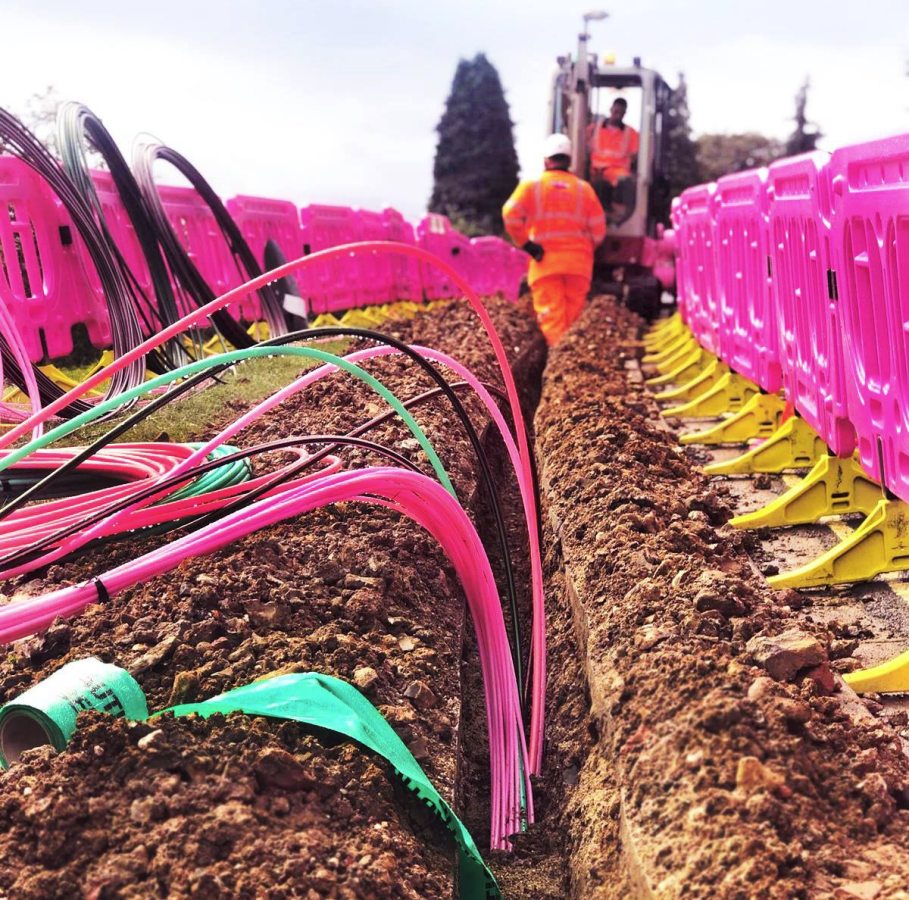

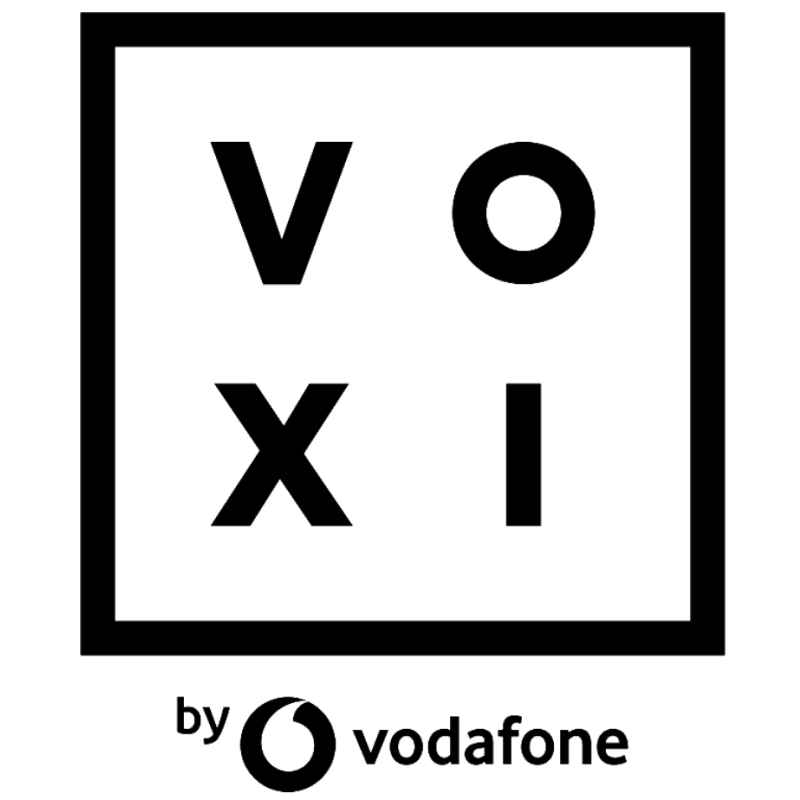


























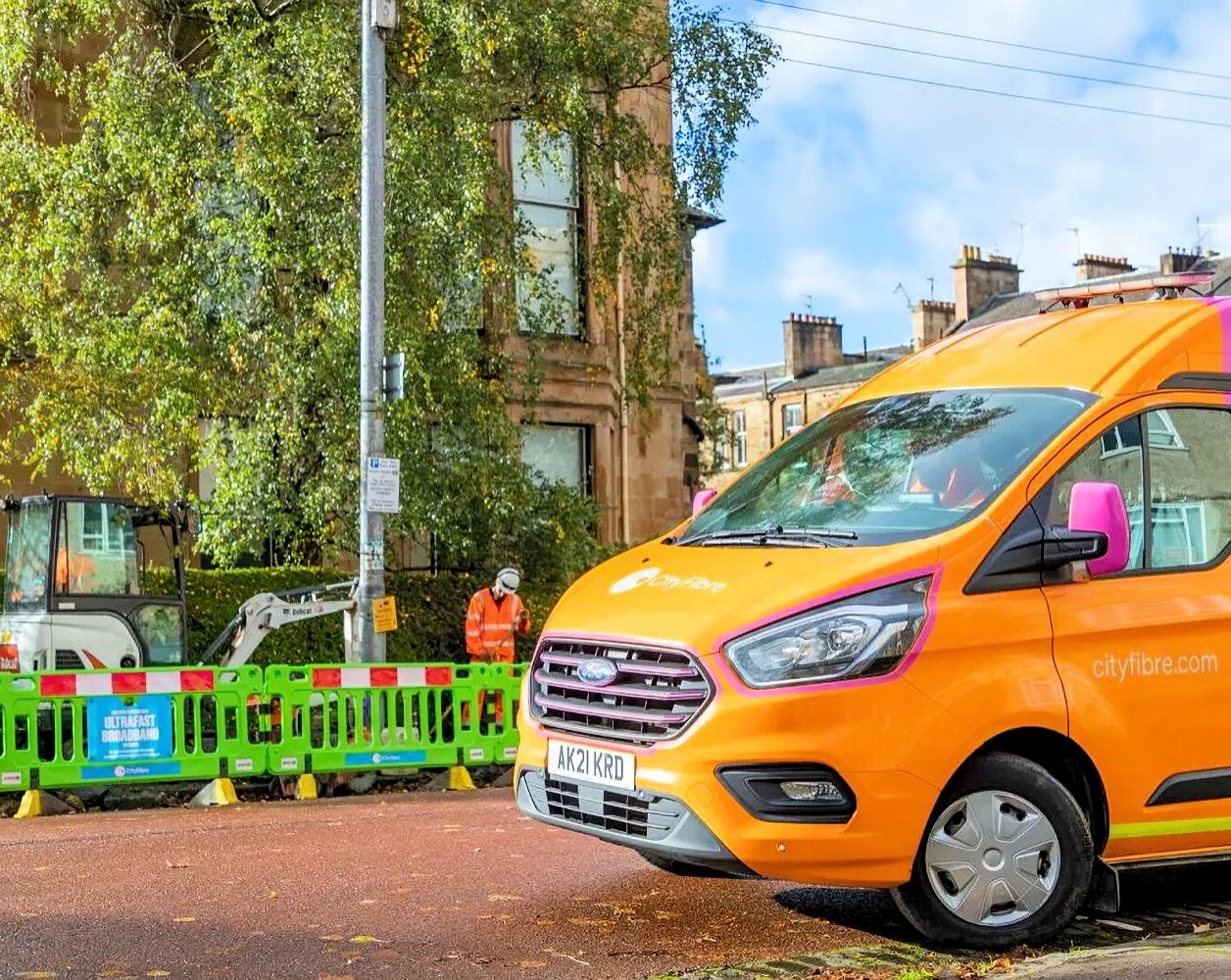





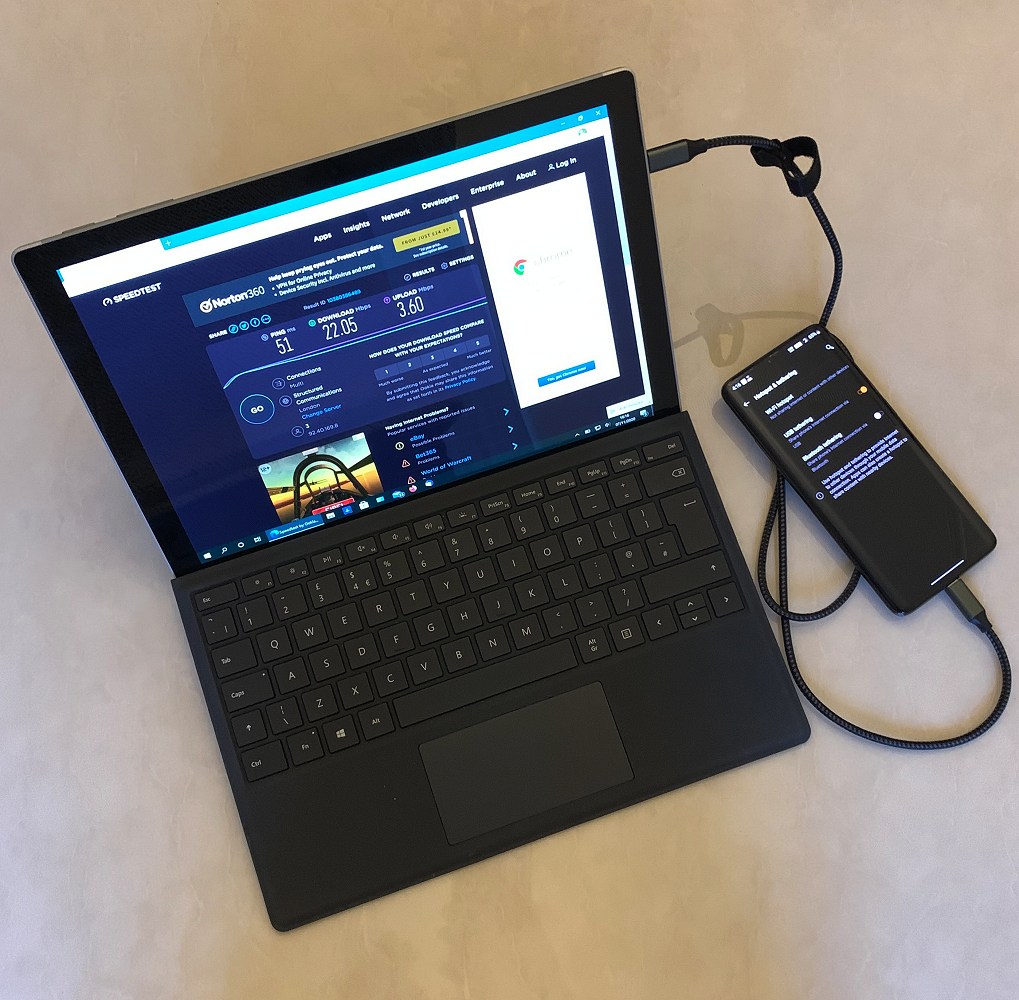


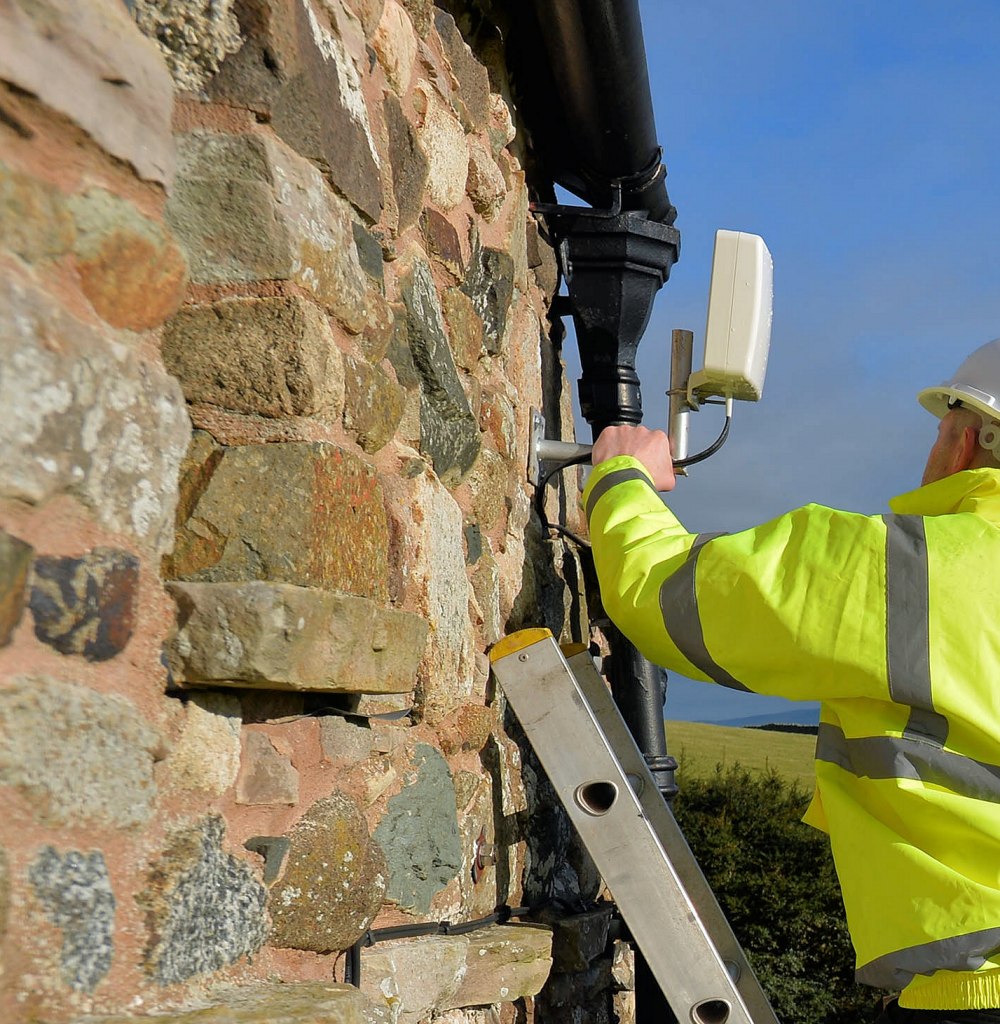






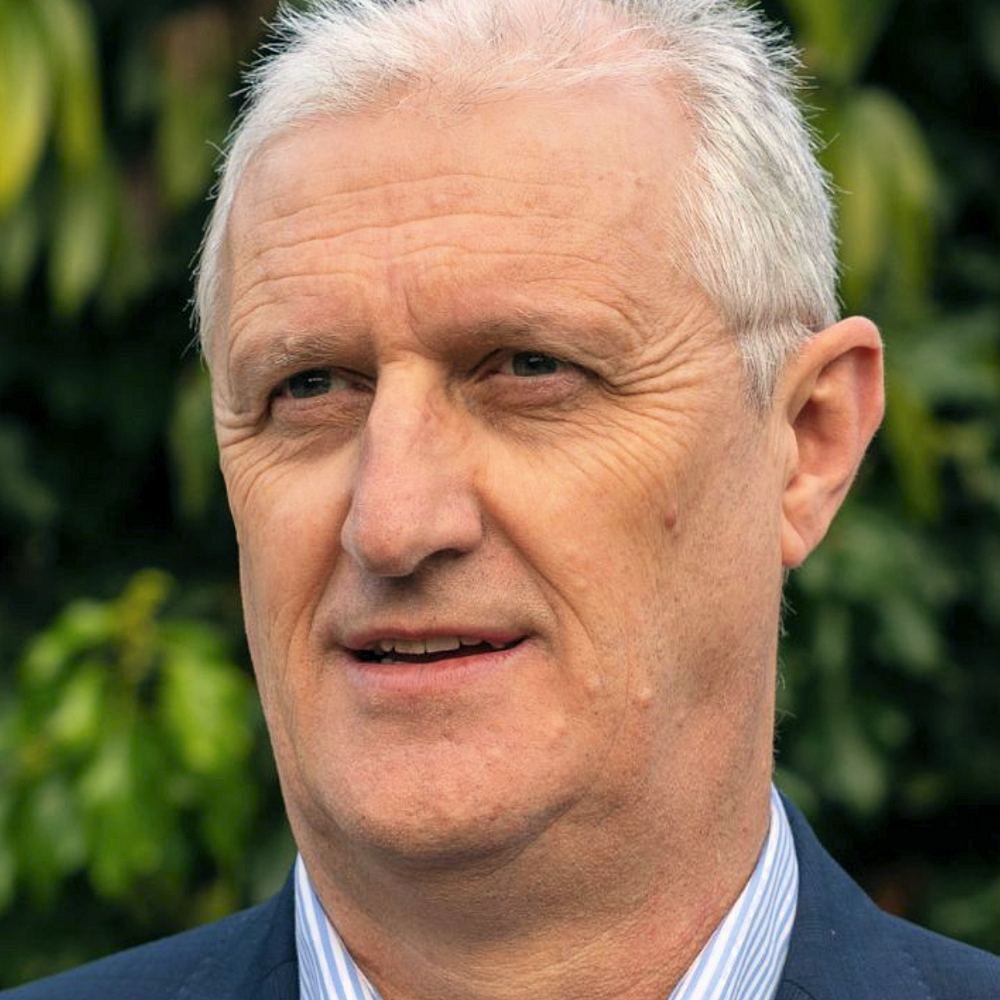

A denial certainly means that its on the agenda! However its very easy to say nothing with VM02, because the vehicle to make the merger happen would be NexFibre the Liberty Vehicle.
The words “at that stage” clearly indicate that there have been talks, otherwise those words serve no purpose.
I suspect LGG to be intertwined with atleast one other alternative full fibre network currently building out, actually I would say they seem to be building over Virgin’s network, be interested if they was actually building inside of Virgin’s network to be fair, I shall pay closer attention to find out I guess.
I think he is 100% right on the altnets consolidating down to 1. Lets face it 3 fibre providers is just about enough for competition (See the mobile market with MVNO being ISPs!). Question is who will lead it. Fern investments (who own Octopus) are behind the giganet/jurassic/swish/allpointfibre consolidation. I can see them being in contention to run it all too. Big question is how quickly the smaller providers get swallowed up. For example Trooli and Giganet have significant over build so I don’t see Trooli as being a target for Fern.
There is going to be some big winners and big losers at the end of this.
From my own conversations, I don’t think Fern are likely to put masses of fresh funding into any further M&A in this sector. I could be wrong, but for at least the next year they’re going to be more focused on sorting out their existing internal consolidation, which needs more TLC before it actually starts doing what they want. If anything, Fern’s consolidated network may become a target for somebody else, rather than the other way around.
In terms of M&A’s I would have thought the emphasis would be on mergers with each investor retaining their own share of the merged company. I can’t see investors wanting to throwing a load of cash for acquisitions.
I think Mark is right on Fern more likely becoming a target of a merger instead of consuming more. Jurassic Fibre have been gutted in the past months. A member of staff (on their official phone number no less) told me how many people had been let go or left due to lack of clarity. I’ve got a ticket open that they confirmed is open but hasn’t been even initially answered by anyone in 4 months.
Used to see Jurassic Fibre everywhere in East Devon, Both adverts and crews. Now there’s an advert on Ocean in Exmouth and you don’t see anything or anyone anymore. Even their website shows they’re not doing anything new by the lack of news or even media updates.
Can’t speak to the rest of the companies under Fern’s grip currently but it’s not really a good story here.
Interesting responses. From my local area I can see Fern via ‘Giganet’ are still really expanding the foot print – one.network is full of their digging. Maybe the lack of advertising for Jurassic (and downsizing) is just down to merger problems (Ultimately the name will disappear to be replaced by Cuckoo – as will Giganet and swish – so it makes little sense to advertise the old name).
What this space as they say…
Watching now. Look forward to seeing what DF thinks, especially given CMO.
Plenty I’m sure
“They expect” did he mean that Cityfibre as a whole adopts this position and not just him?
Refreshing take on the whole BDUK argument. I think Jeremy’s response was purely from a commercials perspective, whereby Dan’s (and I assume CityFibre’s) is clearly more encompassing of the end user. Sure, CityFibre will be thinking with a commercial mindset, but to hear the argument from an ISP about outreach users waiting 5 or so years for a decent service was a welcome change.
It’s interesting that Zen seem to have this close working relationship with CityFibre but don’t offer business services on that network.
Ermmmm, Zen do offer Cityfibre based business services.
Someone needs to tell their sales team then, because I was advised they didn’t and to try TalkTalk instead.
Maybe not in your area. (Could be a capcity/ratios thing)
CF are about to refinance which given their penetration and levels of debt is going to be challenging.
The likelihood of them securing the funding required with their current position will likely fail.
Equally they are now pushing themselves into the rural market where they lack the experience, the bet on them failing to deliver their BDUK contracts is likely to return good odds.
My bet is that they fail to secure the funding, reduce their output significantly and get picked up by Liberty Global once their value depreciates to a level that is more fitting to their current value and not the value that they themselves currently attribute to their network.
I suspect any refinancing done today would be more about catering to the basics, since most operators and investors will try to wait for more favourable economics to return later this year before considering bigger moves. Right now, interest rates are still a problem, but that will change as they adapt to falling inflation.
This is not true, we have been told that we are already fully financed on our last all hands call.
He has said 100 altnets going to 1, with CF being the main consolidator. So he is basically saying CF are going to buy every altnet? Utter rubbish.
Probably not. But he is predicting the alt-nets will keep merging and they’ll eventually but the larger merged entities before they’re big enough to buy City Fibre.
Whether that comes to fruition is another matter. I think City Fibre will be one of a handful of large alt nets to come out the other side of all this.
He isn’t wrong with what he says regarding most industries ending up with three or less national providers but I think the pie is big enough for us to retain more than that.
In a semi-ideal world there’d be 3-4 networks and they’d all overbuild in the same way as the mobile networks do.
In an ideal world it’d be 1 network with competition at the ISP level only, and the network itself owned by the state.
The whole idea that critical national infrastructure is privately owned is just a nonsensical approach.
With all critical national infrastructure, having multiple networks becomes a question of what flavour you’d like your tap water to be.
Yes there’s extra resilience by having more than one network, but in reality in the broadband space that is fixed versus mobile versus satellite (when sufficiently widespread). You really don’t need multiples of each.
We do not live in an ideal world. If 1 network with competition at the ISP level only, and the network itself owned by the state we’d see very little innovation at the network level. What would drive speeds, services and quality forward? We need sensible competition at all levels of the supply chain. Delivering high quality networks at a sensible cost with fit for purpose operating procedures is difficult, governments tend not to be great at difficult things especially in rapidly evolving sectors.
State owned infrastructure is always a disaster in this country. High costs, low quality. Even if by some miracle it were to be well run and funded it’s not great to have a monopoly provider with no incentive to innovate.
@john You seem to be forgetting that BT were working on converting their backhaul network into fibre long before anyone else, which got ditched when they were privatised. Also lots of ex-BT employees lament over how much more organised things were back then, seen comments like “you could eat your dinner off the exchange floor”.
Both BT (before privatisation) and the BBC have been at the forefront of a lot of innovation. Partly as it can work out a lot cheaper to go with your own solution vs licensing something from a private business. My understanding is the BBC converted their production into entirely open-source software driven and helped to create an alternative HDR format (HLG) that can be broadcast on-top of SDR to save bandwidth and complexity. I’ve watched content on iPlayer that blows other streaming services out of the water for picture quality.
I’d say we’ve got a lot more evidence that private companies, once they get large enough at least, become very bad indeed. From energy generation charging us a fortune, water companies dumping sewage, the complete mess that is train franchises,I find it very hard to see how they are so much better than a nationalised service would have been.
The whole point of something being public owned is it is run FOR the people, not for the profit. So yeah, it costs more, it should do as the primary purpose is to serve the customers not cut the running costs to the bone to fill the share holders pockets.
Just look at rural broadband, this still ends up being paid for by tax payer money except it props up share holders pockets too rather than any profits going back into the public purse.
@Alex, you’re spot on with your analysis.
Imagine if our roads were privatised. They form the spine of one form of critical national infrastructure. For the most part they work perfectly fine, especially in trunk sections. Sure there are potholes, but I’ve never seen a pothole that stopped an articulated lorry from delivering goods.
Broadband in my view is very much as important as our roads. Despite some substandard services in some places, Openreach by and large do a very good job at keeping our lives ticking over quite nicely. Of course they could spend money on vanity projects (10Gbps when there’s no immediate need for it), but instead they correctly focus on maximising coverage to benefit more people.
“roads not being privatized is a good thing”
Look at the sad state Wales is in with the state controlled roads. I dare any sane person to drive there for a full day without getting a speeding fine
This is a clear example of a nanny state issue
Only 2 mobile networks in the UK. MBNL and Cornerstone.
I’ve said this before, when BT boss made his “end in tears” comment. I used to think that there was room for a 3rd network after OR and VM. Not so sure now. Even if they all consolidate to 1 – and this is what will happen in the end – it would mean a crazy destruction of private capital.
They may reduce in number, but going down to 1? nah, I can’t see it. Openreach would love it, I expect. I don’t want the provider I am with being part of a gigantic network, if that happens we are back to same state we were with Openreach and Virgin.
do I expect them not to be taken over? No, I expect that will happen or to merge with another alt net, but I don’t want a provider like Talk Talk or Virgin sticking their nose in.
No one one knows what lies ahead in the future, and maybe it is a good thing we don’t.
Openreach is planning to get its fibre passing 25m premises by December 2026 and Virgin Media (with nexfibre) is planning 21m by 2026 and possibly 23m by 2028) – and also buying another operator to add to Upp. So, we’ll have the big two within five years plus a number of much smaller ones. There is no question that there will be consolidation espcially as some altnets are pretty open about wanting to be bought, but regional ones who are in it for the long haul like B4RN are likely to remain independent.
There will no doubt be consolidation but the chances of it going down to one altnet are zero. For starters, altnet’s structured like B4RN simply cannot merge or be taken over with the likes of CityFibre without an Act of Parliament. Good luck with that. Then you have the likes of WightFibre in the Isle of Wight. Not only are they targeting a very specific geographic area they are also using PtP fibre rather than a PON network making them unattractive to other operators. I would note that WightCable from which WightFibre grew where never became part of NTL:Telewest. Then you have the likes of Hyperoptic with a Cat5e deployment on flats another completely different technology and unattractive to the PON networks. Does KCom count as an altnet? That seems like an unlikely merger with anyone too.
This seems to be just like the Nynex, Videotron, Bell Cable media merging into one as NTL Telewest then ultimately Virgin Media. Would have made more logical sense for altnets to compete and be awarded areas to cover, then there wouldn’t be so much overbuild and all this unnecessary construction and poles being built we hear people complaining about. We all know majority will eventually fail and become just another Virgin Media covering 50 to 60% of the country where it’s most cost effective and easy for them to build in.
Not quite the same as Cable TV though. Cable TV came to the UK late and we already had good terrestrial and satellite coverage
Not every cable network got merged into Virgin Media. Notably, WightCable (now WightFibre) in the Isle of Wight stayed separate.
It will go a similar way to how Cable TV went. Broadband is not the same as cable though. I would expect that in addition to Openreach probably 2 to 4 other operators
This could be the year we start to real consolidation. Overbuilding is increasing as are cost. Take up is increasing but not that fast
I could imagine that if the altnets do become one national network then Openreach may well be justified in arguing that they should no longer be subject to any regulation that the altnets are currently not.
Virgin did not for decade(s) despite covering 50% of the U.K. therefore it would not make sense.
What does a Chief Marketing Officer for a wholesaler do? Who is he marketing to?